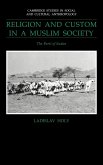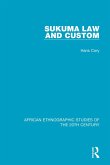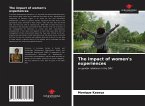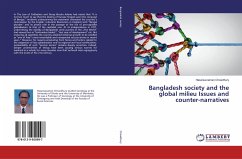This study tries to locate dowry problem within a feminist perspective viewing it not as static but is influenced by changing socioeconomic and cultural circumstances. The study is entrusted within the fact finding regarding the reasons of practicing dowry in Northern part of Bangladesh based on the theoretical framework of empowerment, hypergamy and social value system regarding gender asymmetry. Therefore, the analysis of the study centers to search why dowry practice is the custom, despite being criminalized by the Dowry Prohibition Act of 1980 along with the religious law. The major empirical findings of the study show that the dowry practice is motivated by the concern for bridal welfare and urge for hypergamy; and there is a wide gap between the ideology of the law and practical application of it in society. The findings also show that continuation of dowry practice is resulted by the effect of limited mobility, limited access to information, and limited control over resources of women. On the other hand, dowry protects them from dowry related violence in in-laws home which acts as positive compulsion to give dowry.
Bitte wählen Sie Ihr Anliegen aus.
Rechnungen
Retourenschein anfordern
Bestellstatus
Storno








